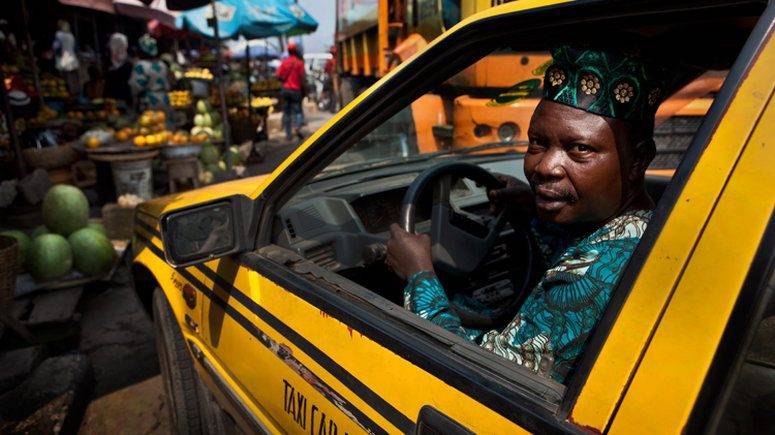Commuters Decry Abnormal Fare Hike As Bolt/Uber Seem To Be Milking The “Okada Ban” Issue In Lagos

Following the ban on commercial motorcycles and tricycles (Okada and Keke) which came into effect in Lagos on Saturday, February 1, it appears ride-hailing firms like Bolt and Uber are determined to milk the situation for all it’s got.
Scores have taken to social media to decry what is being described as a “surge” in the cab fares charged by Uber and Bolt in Lagos. There’s been something of a 50 to 70 percent spike in fares charged by the cab-hailing companies since the “Okada ban” took effect.
Lagos is finally finished paid(Bolt) 6k From Ikorodu to Unilag due to Surge. Please we don’t want the Greater Lagos again, give us our Okada and Keke Lagos Back. People are suffering abeg???. #OkadaBan @Mr_JAGs @followlasg https://t.co/lR8S90rhNq ? VIA link
— Avoid Lagos Traffic (@trafficbutter) February 3, 2020
Before you patronize #bolt Let me share my experience with them yesterday. #okadaban same location .#lagosstate #taxify pic.twitter.com/5PIDHlDDii
— Mercy Jemi (@mercyjemi1) February 3, 2020
One aggrieved Bolt user lamented the fare hike, stating that she had to pay NGN 1.5 K for a short Bolt ride that normally costs her around NGN 600.00. Plus it didn’t help that Uber had pegged its fare at some around NGN 2.5 K for the same trip. With Okada, it would have cost her just NGN 100.00.
I thought it was just me oo, i paid 1,500naira from the mall to my house last night as against 600naira i usually pay on Bolt. Uber was charging 2100- 2500 Meanwhile bus na just 100naira oo. Nigerians are thieves and they enjoy seeing things getting hard. #OkadaBan #Bolt #Ambode
— Suxezlency (@Aisiensuccess) February 3, 2020
Many have described the surge in the cab fares absurd, accusing both companies of taking advantage of the ban on Okada and Keke, and deepening the struggles of people who are already disadvantaged by the sudden elimination of commercial motorcycle transport.
Bolt Nigeria has been contacted for comments on this matter but as of the time of publishing, they are yet to respond.
Since the government first announced the decision to stop Okada from plying major Lagos routes, it’s been a hotly-debated topic with many faulting the ban as a move that is insensitive to the plight of the masses and detrimental to the needs of the state.
According to the Lagos State government, the ban had been necessitated by safety and security concerns, even though bike-hailing startups, whose records show strict adherence to safety standards and security requirements, are not spared.
As a palliative, the government is talking up ferry services while promising to provide buses along key routes and this report claims that about 65 or so buses have been deployed. But this is scarce respite given that many would argue that the last thing the traffic-congestion-prone state needs is more vehicles on its roads.
And with Uber and Bolt seemingly choosing to profit off of the situation as much as possible, Lagosians have one more thing to worry about.